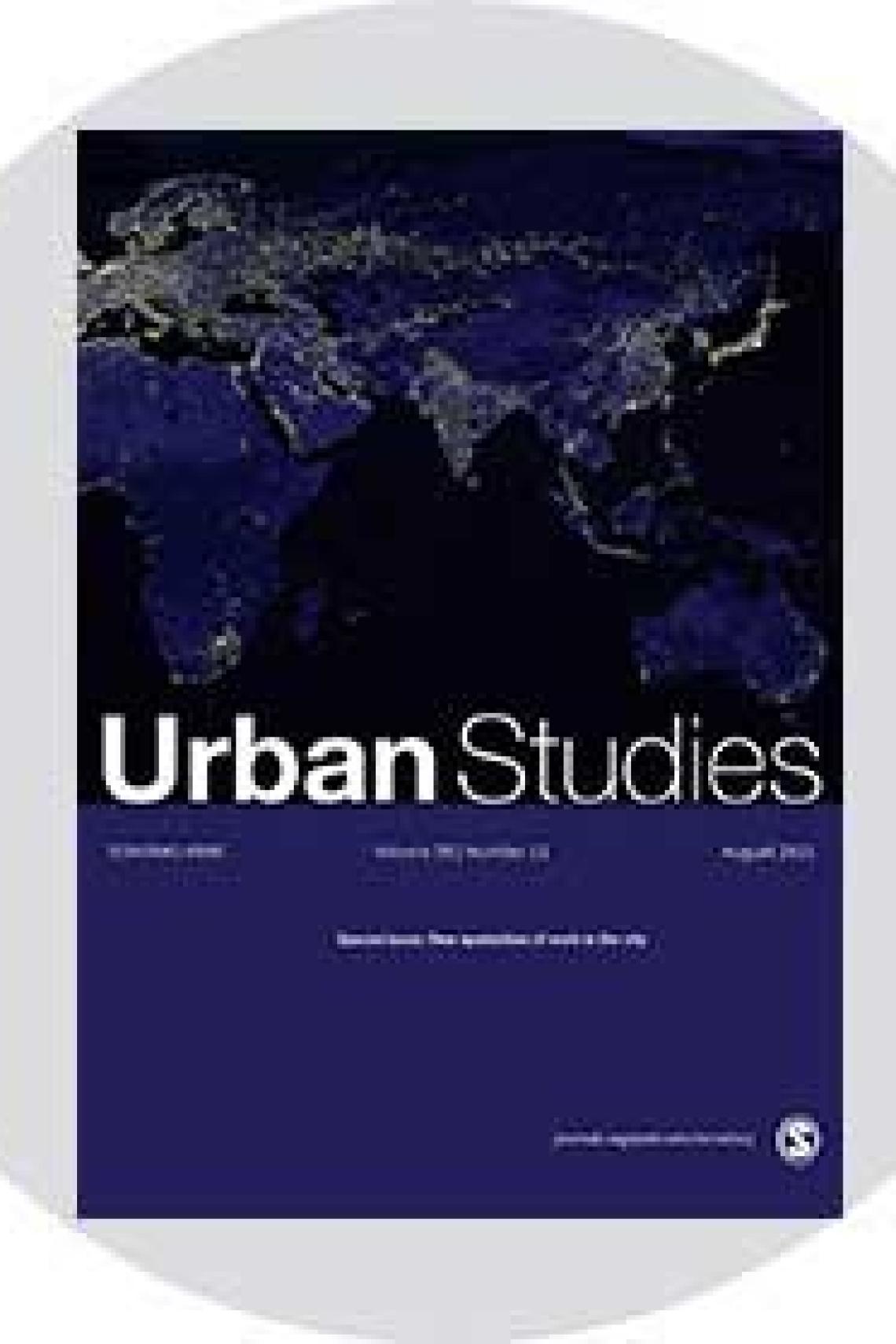New article co-authored by Loren Landau examines informal migration and Johannesburg’s socio-spatial transformation
A new article by Loren B Landau and Tanya Zack examines migrant-driven spatial transformation in a Johannesburg neighbourhood.
The spatial concentration of production in cities attracts international and domestic labour in ways that change the character and scale of urban space. Drawing on two decades of research on migration and informal trading in Johannesburg, South Africa, this article argues that the global trade in Chinese ‘fast fashion’ interacts with South Africa’s immigration policy, transportation networks, informal trade and established migration infrastructures to transform the city’s Park Station neighbourhood into an enclave entrepôt.
Operated and supported by a network of informal logistics services that keep the enclave within but apart from the city, it is exquisitely tailored to cross-border shoppers. At the social and legal margins but at the city’s geographic core, it enables fluidity in an otherwise hostile space; it is at once highly visible and invisibilising. Formed in the shadows of formal institutions and law enforcement, this entrepôt is migrant-driven and serves the needs of people often seeking to remain invisible from the South African state and citizenry. As such, its services are adapted from the infrastructures that service legal and irregular migration in the subcontinent. Unlike ethnic enclaves or neighbourhoods that work as arrival zones, it provides the means to move ‘through’ rather than ‘into’ the city. The entrepôt is a form of migrant space-claiming by vulnerable and mobile people wishing to be in but not of the city. It acts as portal into, through and beyond national territory.
Tanya Zack and Loren B Landau (2021) 'An enclave entrepôt: The informal migration industry and Johannesburg’s socio-spatial transformation', Urban Studies, DOI: 10.1177%2F00420980211012632

